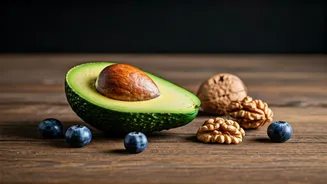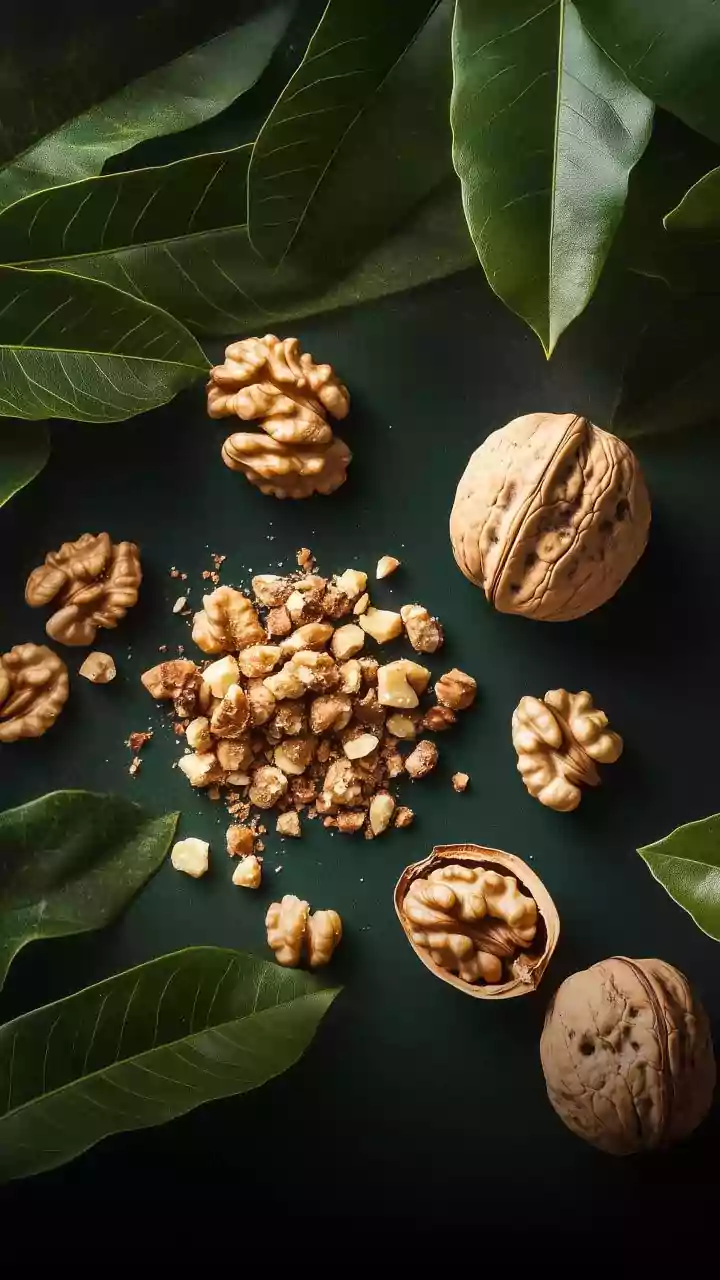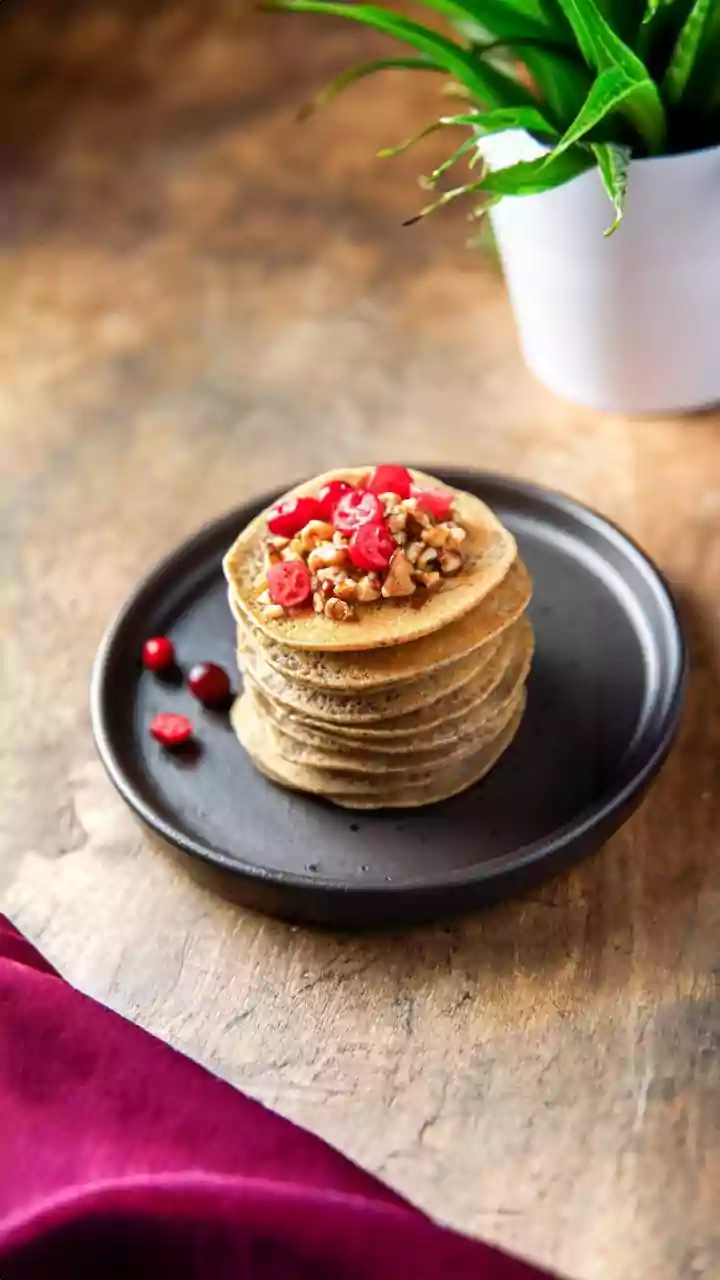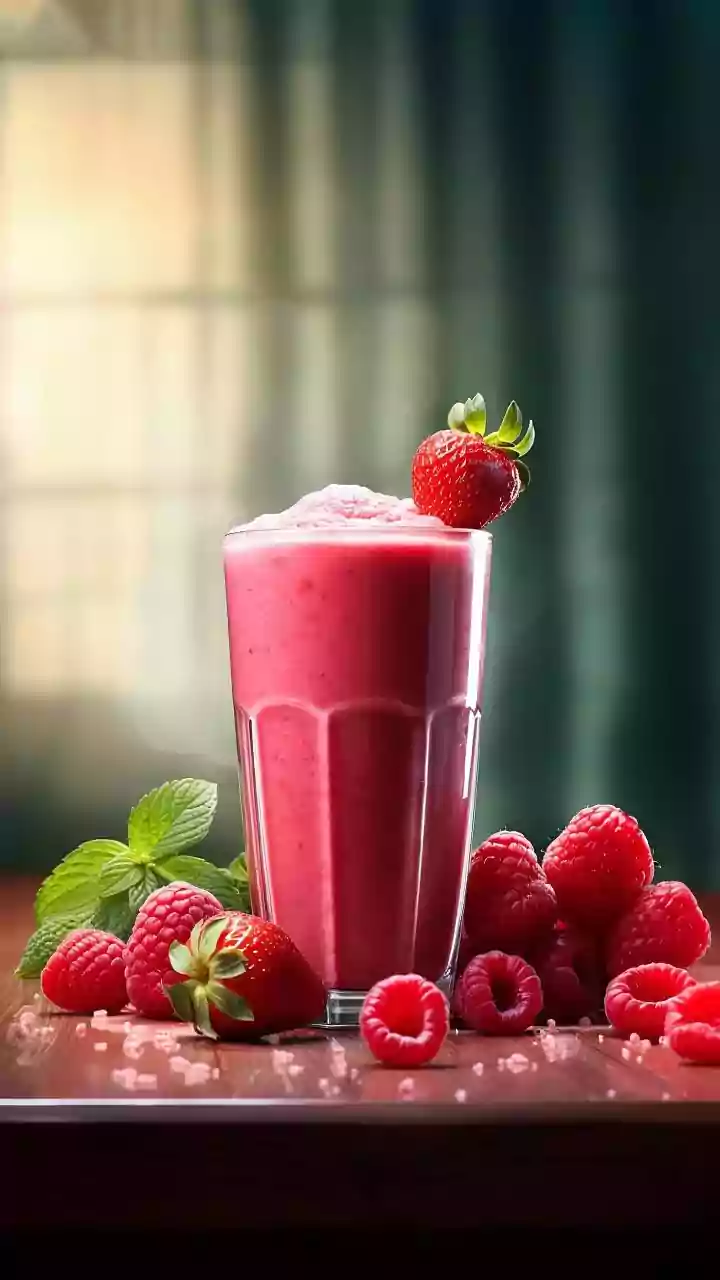Embrace Antioxidants
One of the key strategies in addressing premature graying involves focusing on foods rich in antioxidants. Oxidative stress is a major contributor to hair
graying, and antioxidants are essential in combating this. They neutralize free radicals, protecting hair follicles from damage and preserving pigment production. Foods like berries, particularly blueberries and strawberries, are loaded with antioxidants. Including these in your diet can support the health of your hair follicles. Another great source is dark, leafy greens. Spinach and kale provide ample antioxidants. Furthermore, integrating a variety of colorful fruits and vegetables ensures a wide spectrum of antioxidant protection. A diet rich in these foods may help mitigate the effects of oxidative stress and potentially slow down the graying process. Incorporating these foods into meals or snacking on them can be a proactive step towards maintaining your hair's natural color and vitality.
Vitamin-Rich Nutrition
Vitamins play a crucial role in maintaining hair health and potentially delaying graying. Vitamin B12 and biotin are essential for hair health. They support the production of melanin, the pigment that gives hair its color. Deficiency in these vitamins may contribute to premature graying. Foods that are rich in these are your allies. Eggs are a great source of biotin, while animal products such as meat, poultry, fish, and dairy products provide vitamin B12. Fortified cereals can also be a good source of vitamin B12 for vegetarians or vegans. In addition to these, vitamin D also supports hair health. Sun exposure is an important source, but you can also get it from foods like fatty fish and fortified foods. Supplementing your diet with vitamin-rich foods ensures that your body has the resources needed to support healthy hair and potentially slow down the graying process. Making these dietary choices can be a proactive step in preserving your natural hair color.
Copper-Boosting Foods
Copper is an essential mineral that plays a key role in the production of melanin, which is the pigment responsible for hair color. Copper deficiency can lead to premature graying, making it essential to incorporate copper-rich foods into your diet. Some excellent sources include organ meats, such as liver, which are highly concentrated in copper. Seafood, particularly shellfish, also provides a significant amount of copper. Nuts and seeds, such as almonds, cashews, and sunflower seeds, are good plant-based sources. Moreover, dark chocolate, in moderation, can contribute to your copper intake. Consuming these copper-rich foods supports melanin production, potentially helping to maintain your hair's natural color. Regularly including them in your diet can contribute to overall hair health and may help in delaying the graying process. Making these dietary choices can be a proactive approach to preserve your natural hair color.
Iron-Rich Foods
Iron deficiency can impact hair health and contribute to premature graying. Iron is essential for the production of hemoglobin, which carries oxygen to hair follicles. Adequate oxygen supply is vital for hair follicle health and the maintenance of hair color. Including iron-rich foods in your diet is important. Lean meats, such as beef and lamb, are excellent sources of iron. Lentils and beans are great plant-based options. Spinach, a leafy green, is also rich in iron, making it a good choice for vegetarians and vegans. Furthermore, consuming foods rich in vitamin C alongside iron-rich foods can enhance iron absorption. Vitamin C helps the body absorb iron more effectively. Pairing iron-rich foods with citrus fruits, bell peppers, or other sources of vitamin C can maximize benefits. Incorporating these iron-rich and vitamin C-rich foods can support hair health. This is a crucial step in maintaining your hair's natural color and potentially slowing down the graying process.
Hydration and Balance
While specific foods can help, overall hydration and a balanced diet are critical for hair health and preventing premature graying. Adequate water intake ensures that the body's systems, including hair follicles, function optimally. Dehydration can lead to dry and brittle hair, potentially impacting its color and overall health. Aim for at least eight glasses of water daily. A balanced diet should include a variety of nutrients beyond just the foods mentioned. Ensure you're consuming adequate protein, healthy fats, and other essential vitamins and minerals. Protein is essential for hair structure, and healthy fats support overall cellular health. Consider consulting a healthcare professional or a registered dietitian. They can provide personalized dietary advice tailored to your specific needs. They will also consider any underlying health conditions that might be contributing to hair graying. By focusing on hydration, a balanced diet, and professional guidance, you can take a comprehensive approach. This may support hair health and potentially slow down premature graying. This approach fosters long-term health and well-being.



















